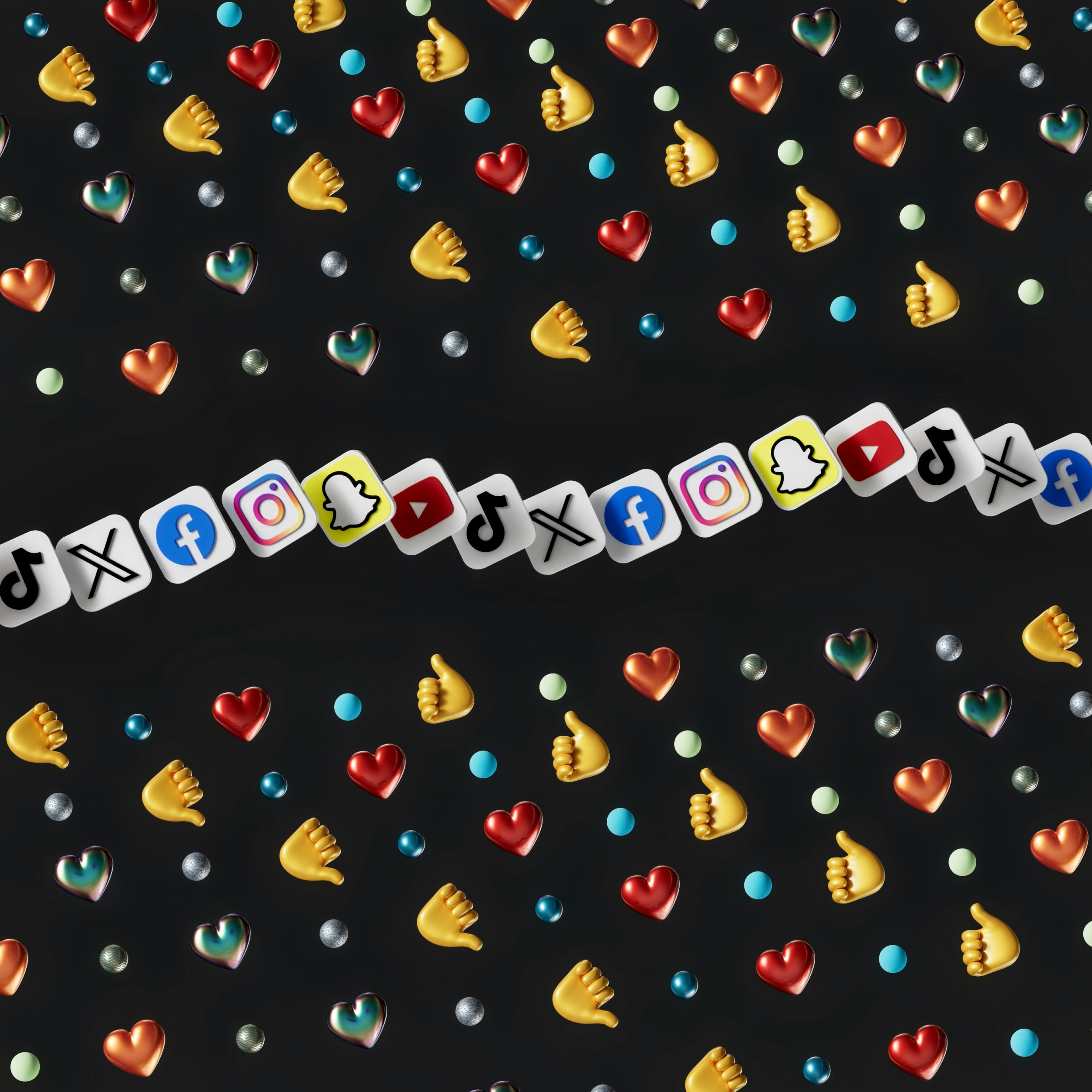I still remember the day I realized something was wrong. My news feed felt strangely familiar, as if I was reading the same opinions over and over again. That’s when I started to wonder: Why was I never seeing content that challenged my beliefs? The answer hit me like a punch: I was trapped in an algorithmic bubble.
The social networks we use every day – Facebook, Instagram, TikTok, YouTube – are not simply neutral platforms. They are engagement machines, designed to keep us glued to our screens for as long as possible. And their secret weapon? Sophisticated algorithms that analyze each of our online actions to provide us with increasingly personalized content.
It sounds great at first, right? A news feed that only shows us what we care about. But I quickly realized the other side of the coin: by only seeing what confirms our opinions, we end up having a distorted view of the world.
Behind the Scenes: How Algorithms Manipulate Us
When your best friend decides to only talk to you about things you agree on. It’s convenient at first. But in the long run? You’ll find yourself in a dangerous intellectual dilemma. That’s exactly what social media algorithms do.
Here’s how it works:
- Data collection: Every like, every comment, every second spent on a post is recorded.
- Behavioral analytics: Algorithms create a detailed profile of your preferences.
- Content selection: only publications that might interest you (and therefore keep you online) are highlighted.
- Reinforcement: The more you interact with a certain type of content, the more it is shown to you.
The result? A filter bubble where your opinions are constantly validated and rarely challenged. I realized I was spending hours “doom-shaking,” absorbing a toxic amount of negative information without even realizing it.
Breaking the Chains: My Fight for Digital Freedom
Once I realized the extent of the problem, I decided to take action. Here are the strategies I adopted to regain control of my online experience:
- Diversifying sources: I actively sought out diverse points of view, even (especially) those with which I disagreed.
- Digital detox: I set aside periods of time without social media to reconnect with the real world.
- Systematic fact-checking: Before sharing or reacting, I always check information with reliable sources.
- Using Anti-Bubble Tools: I have discovered browser extensions that disrupt recommendation algorithms.
- Mindful engagement: I now think twice before liking or commenting, knowing the impact on my algorithmic profile.
It’s not easy. Algorithms are designed to be addictive. But I’ve found that digital freedom is worth it.
Our autonomy of thought
Taking a step back, I realized that the influence of algorithms goes far beyond our online habits. They shape our political opinions, our consumer choices, and even our worldview. In an increasingly polarized society, these algorithmic bubbles play a major role in the fragmentation of public debate.
That’s why I’m sharing my experience today. Awareness is the first step. Then it’s up to each of us to decide: do we want to let algorithms dictate our reality or are we willing to make the effort to think for ourselves?
I don’t pretend to have all the answers. But one thing I do know: freedom of thought is worth all the tastes in the world. So, are you ready to get out of the Matrix?
Do you like our articles? You will love our podcasts. All our series, urgently to listen here.
Source: Madmoizelle
Mary Crossley is an author at “The Fashion Vibes”. She is a seasoned journalist who is dedicated to delivering the latest news to her readers. With a keen sense of what’s important, Mary covers a wide range of topics, from politics to lifestyle and everything in between.





